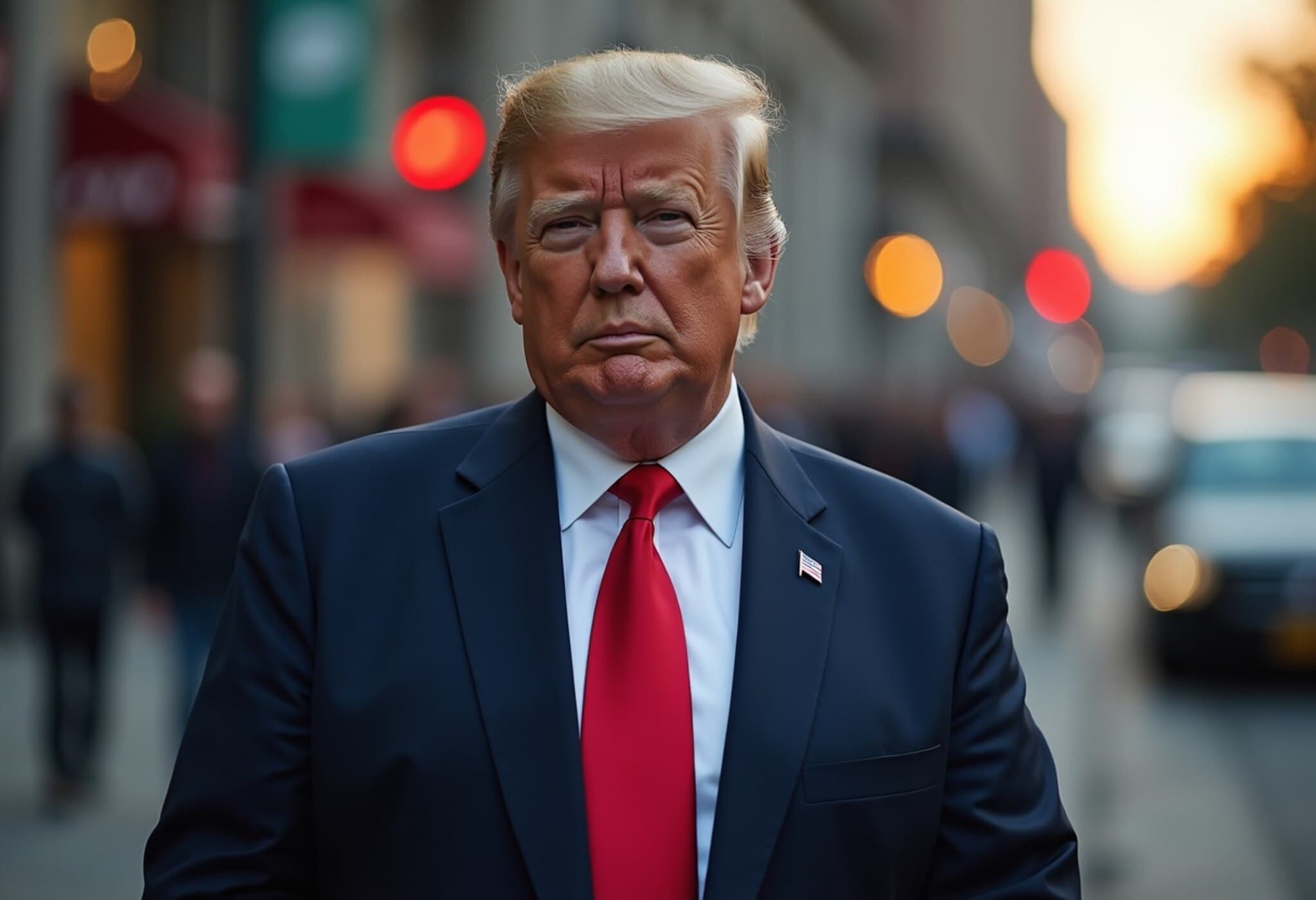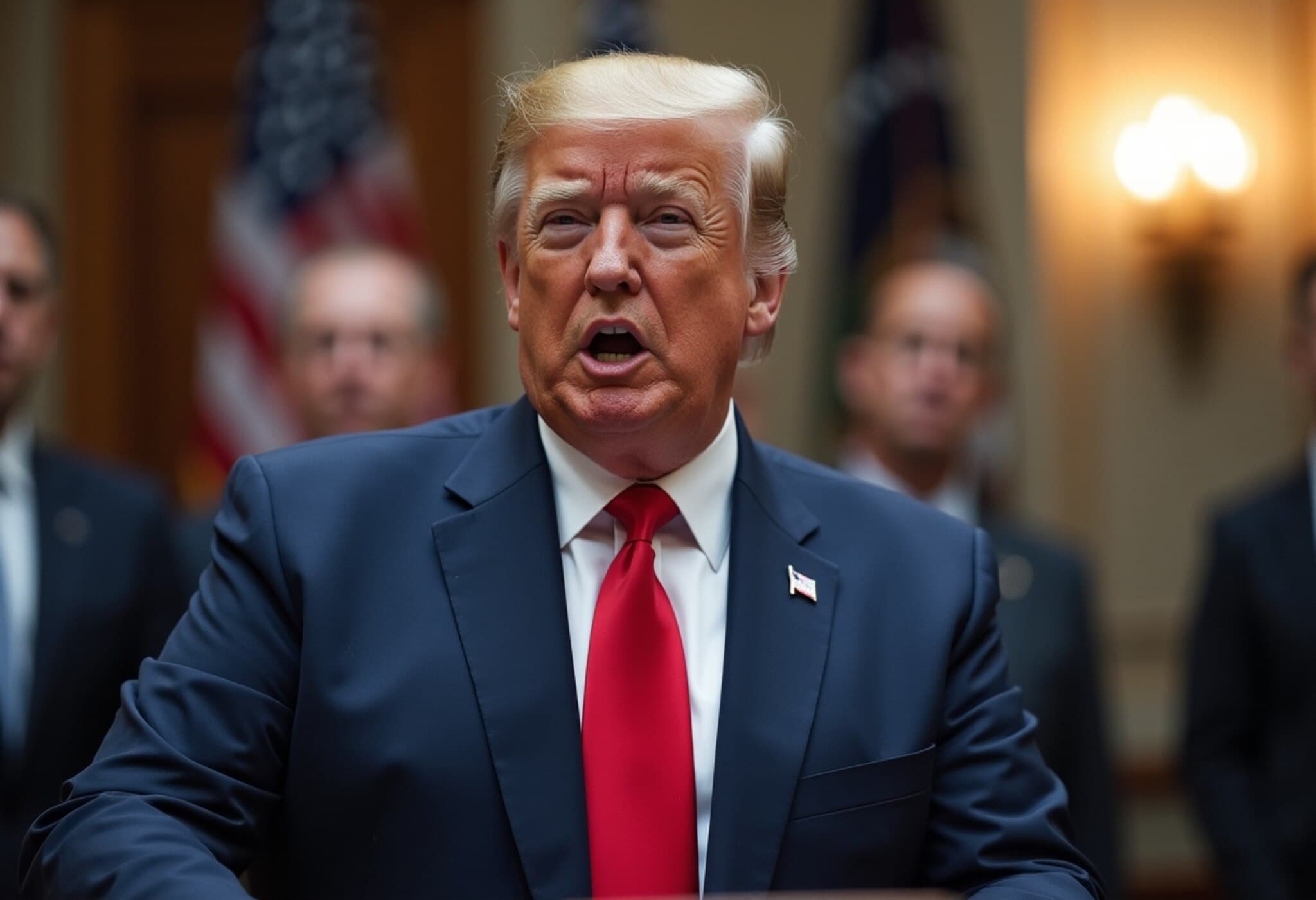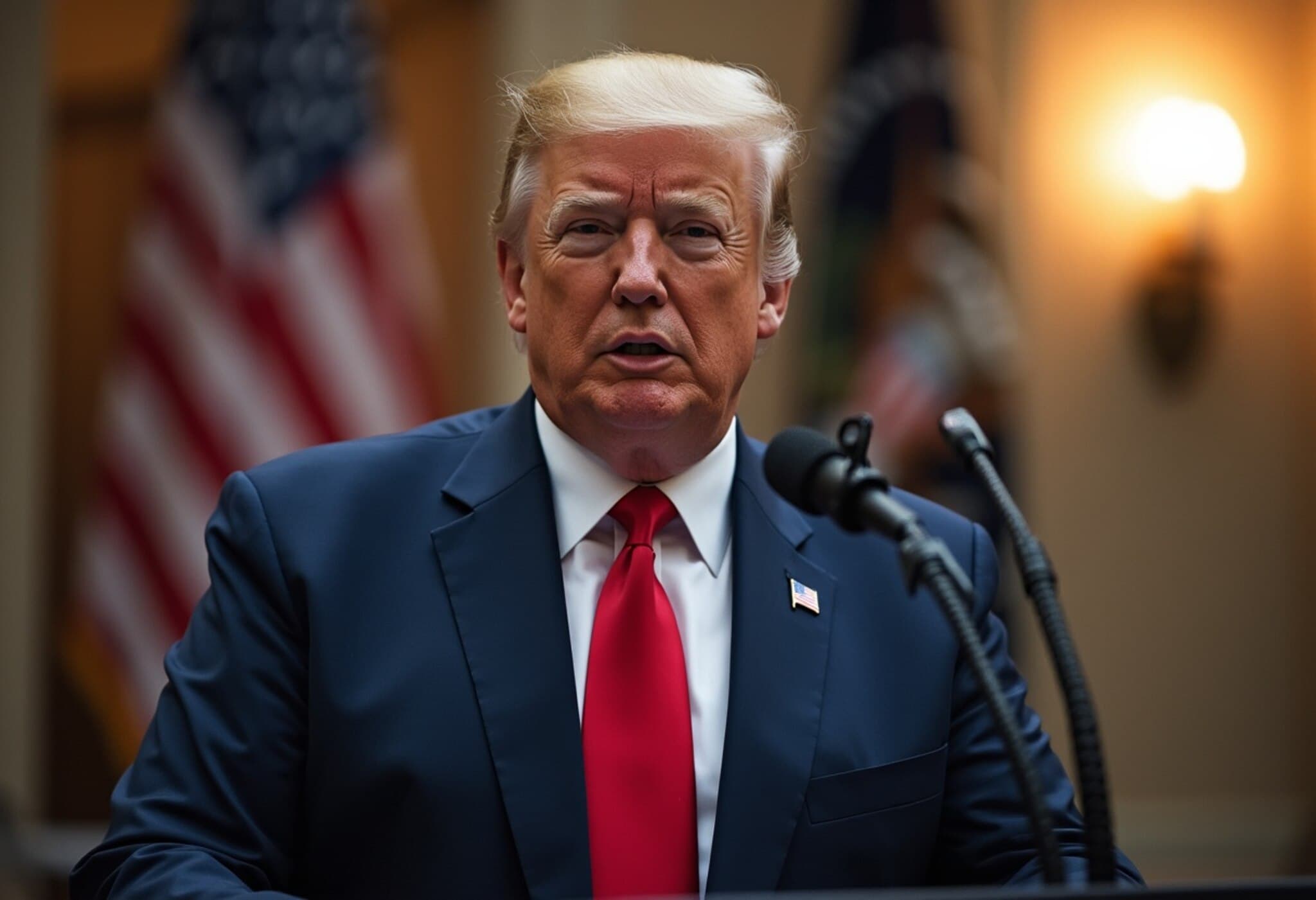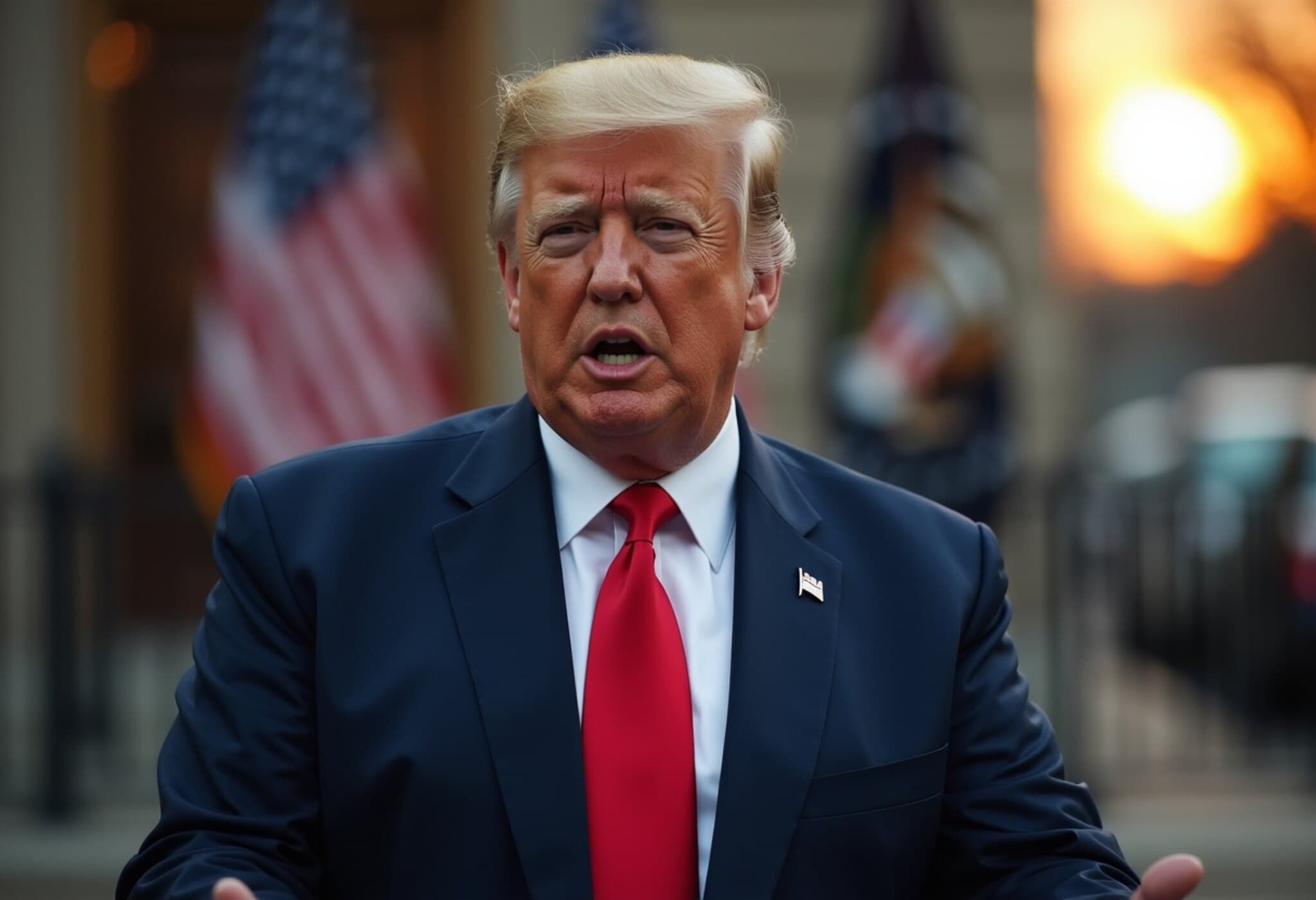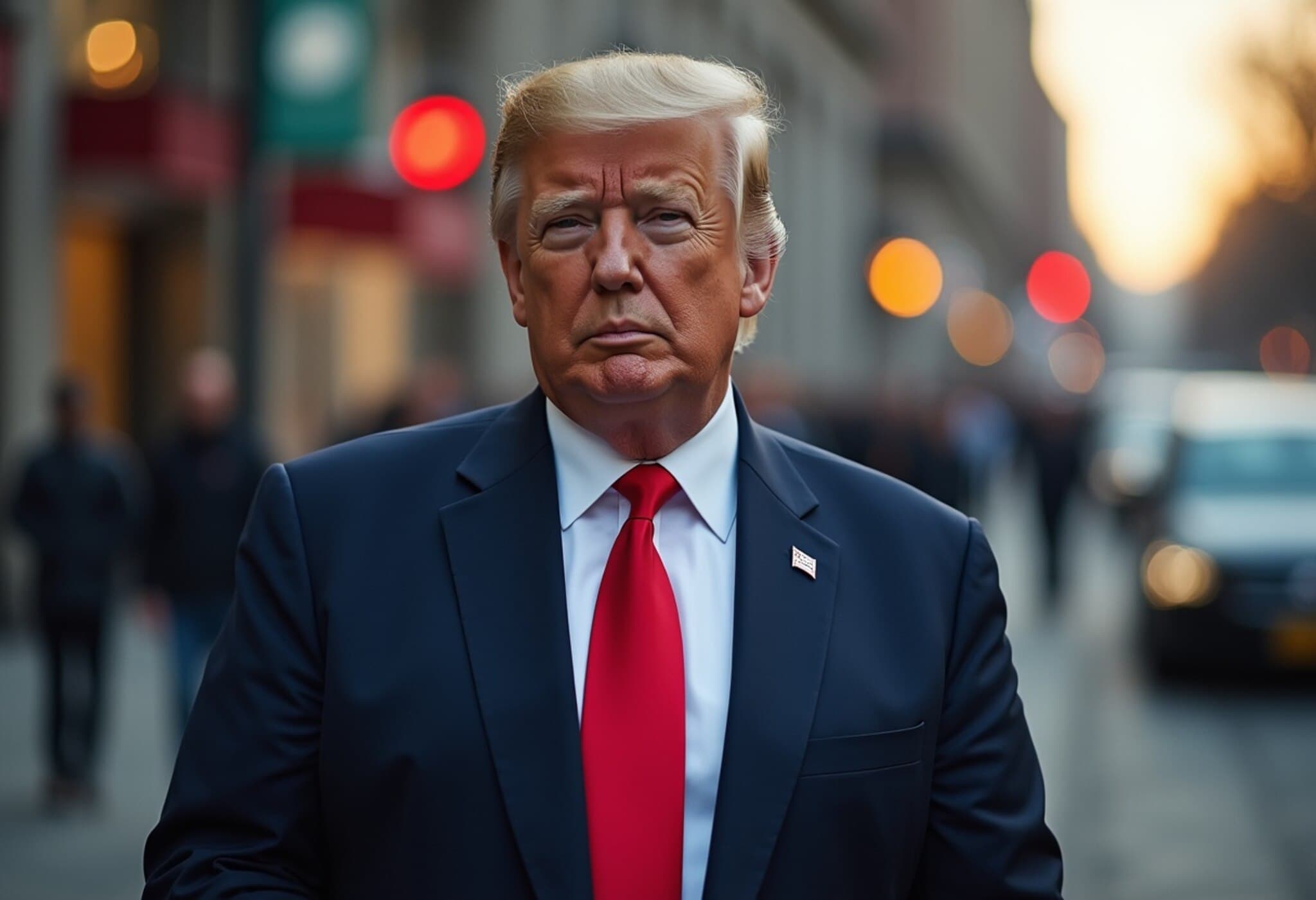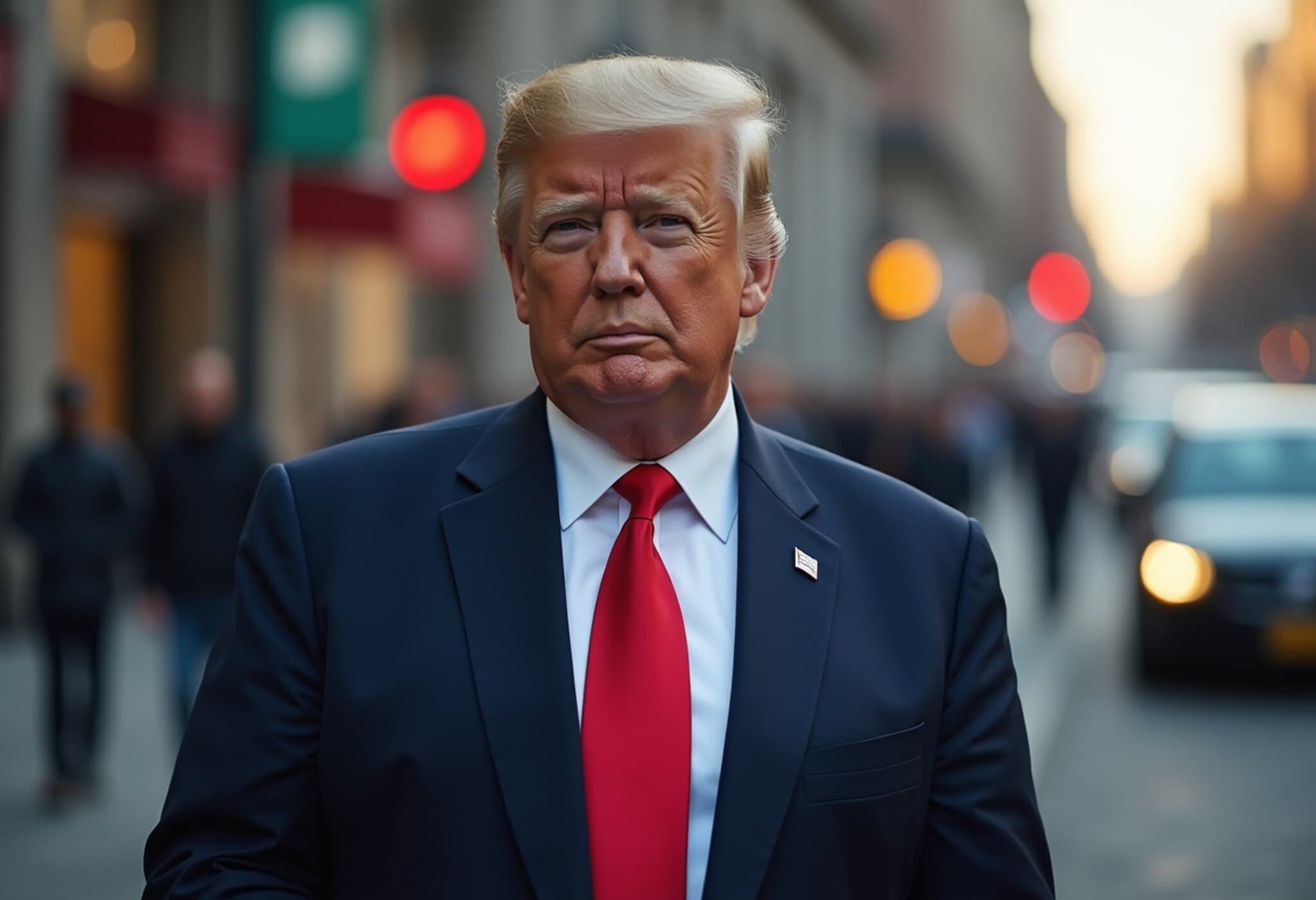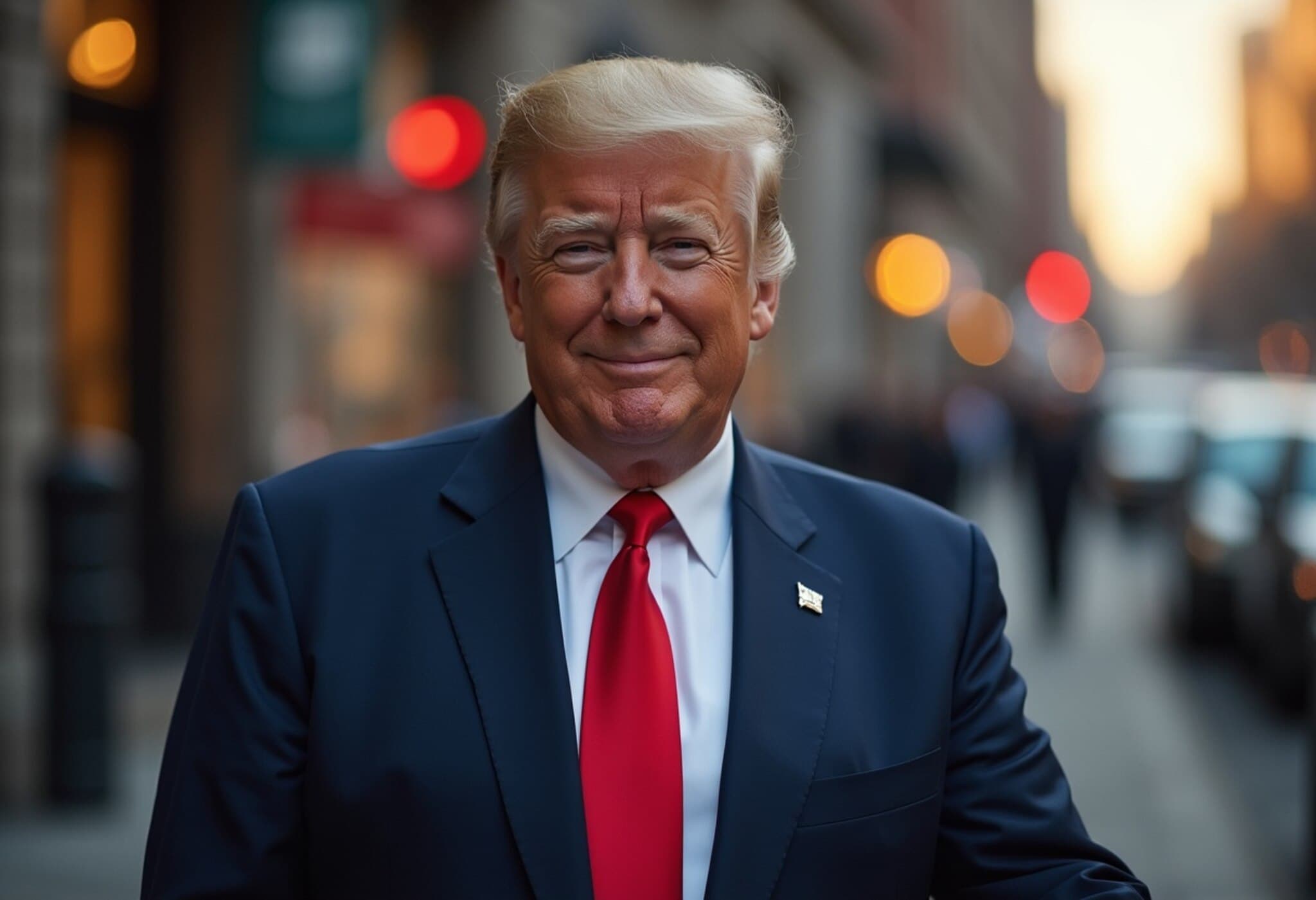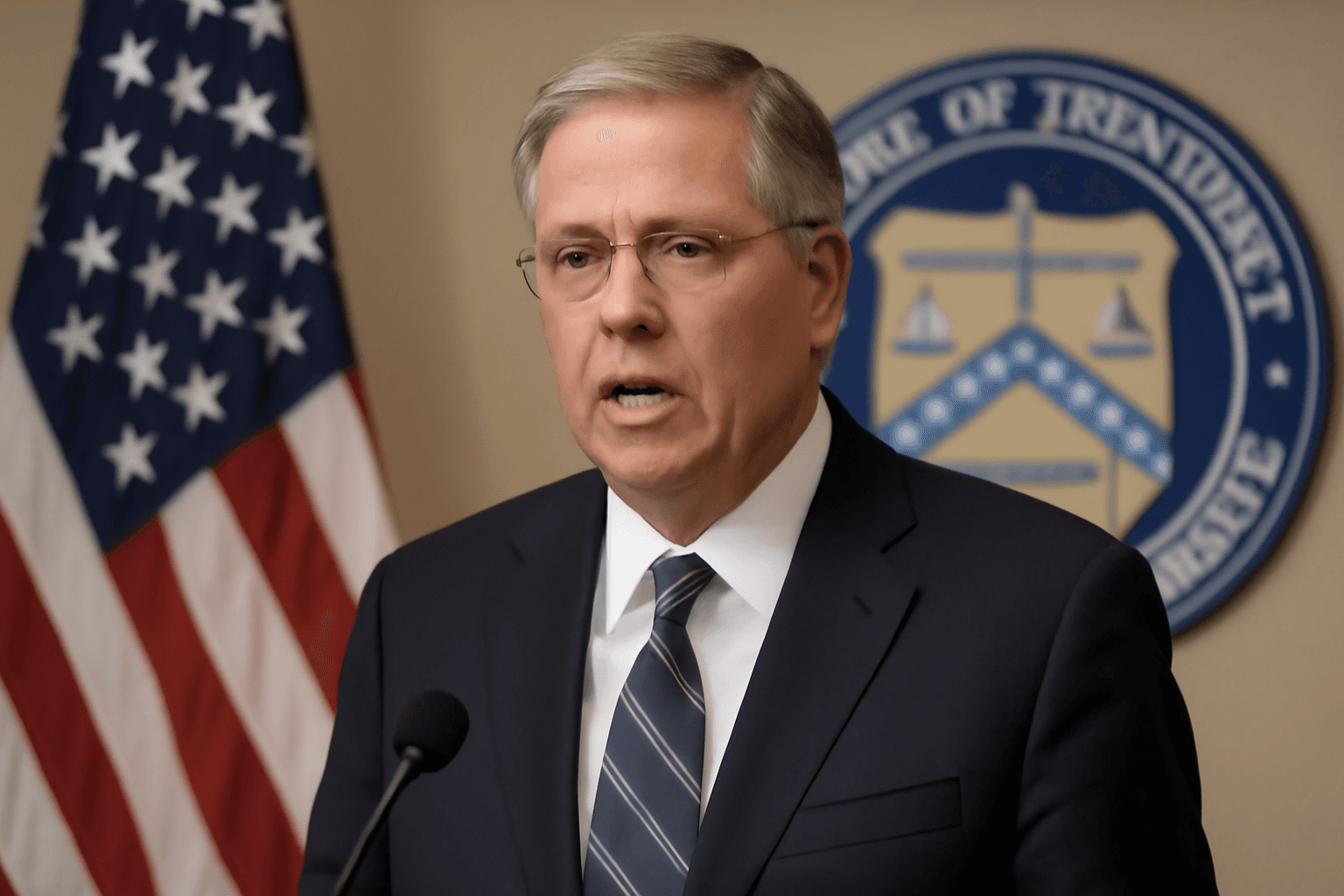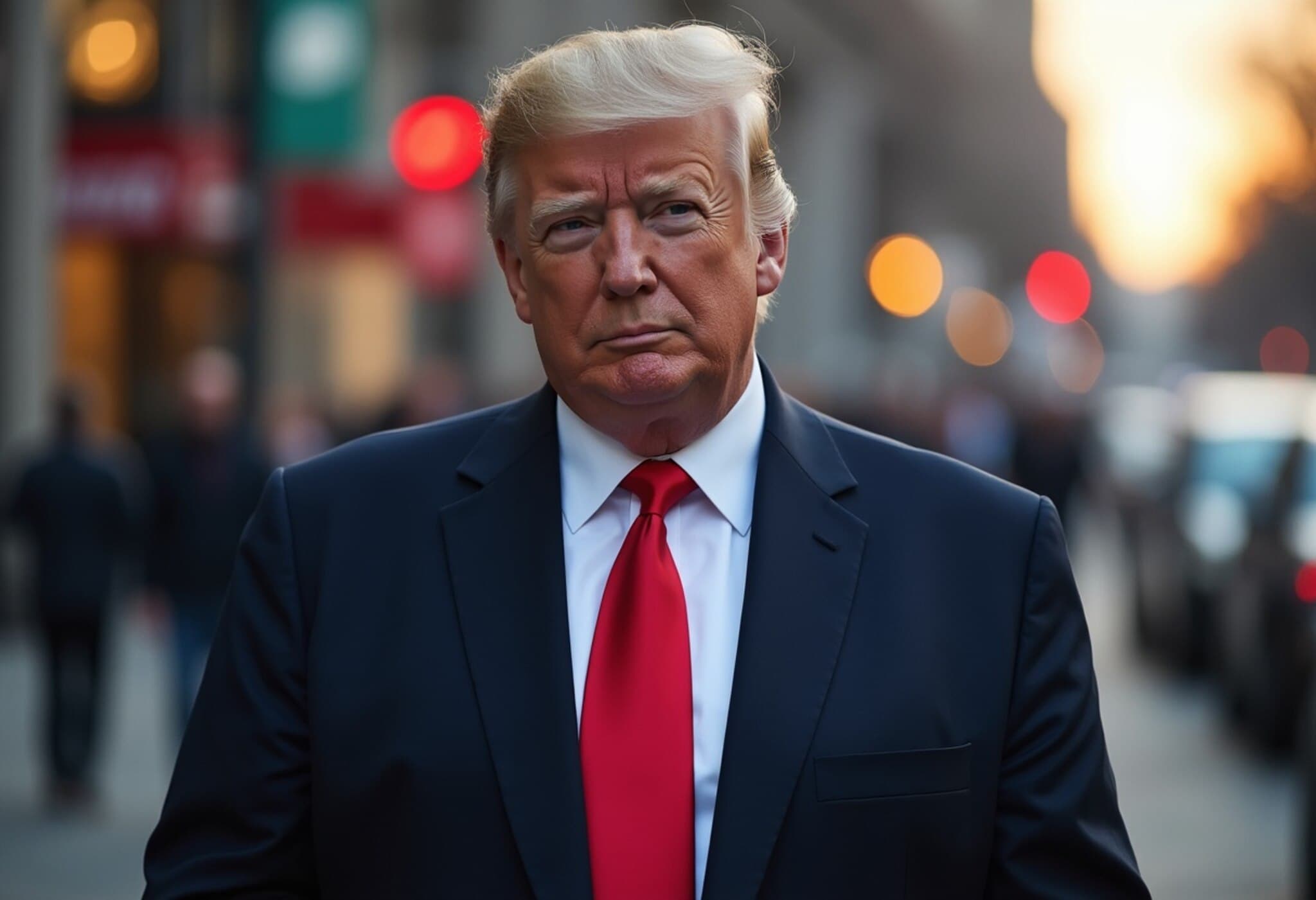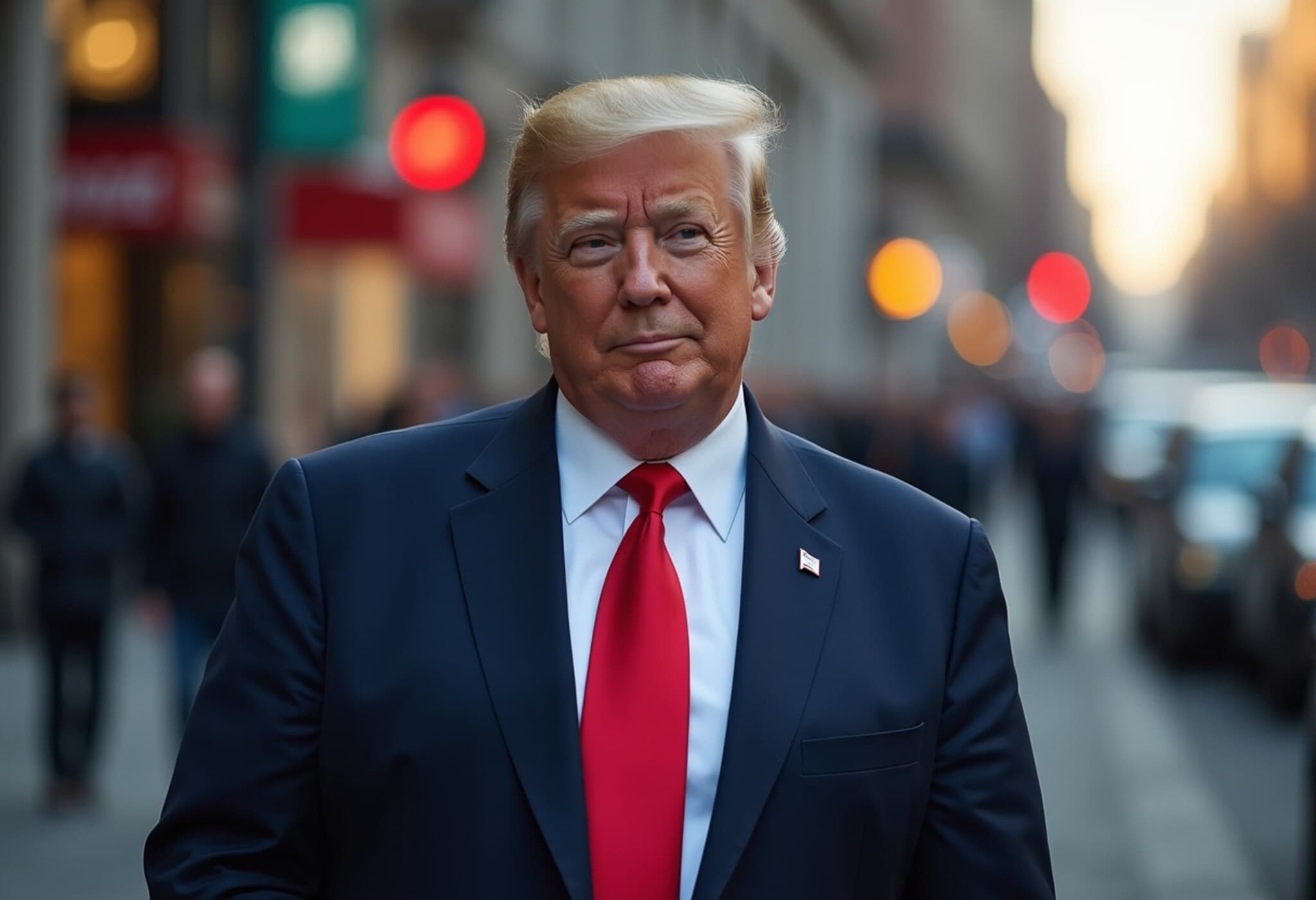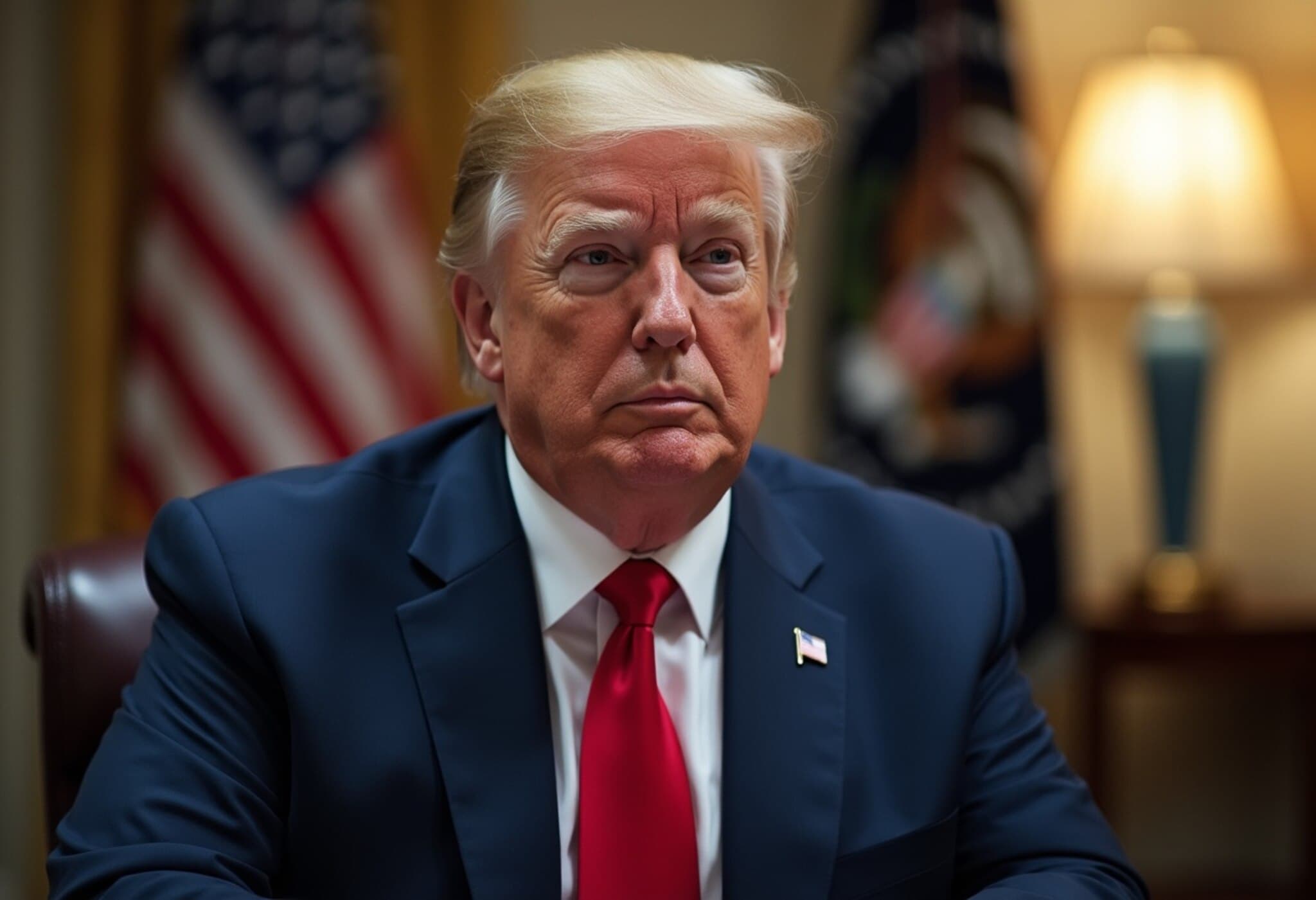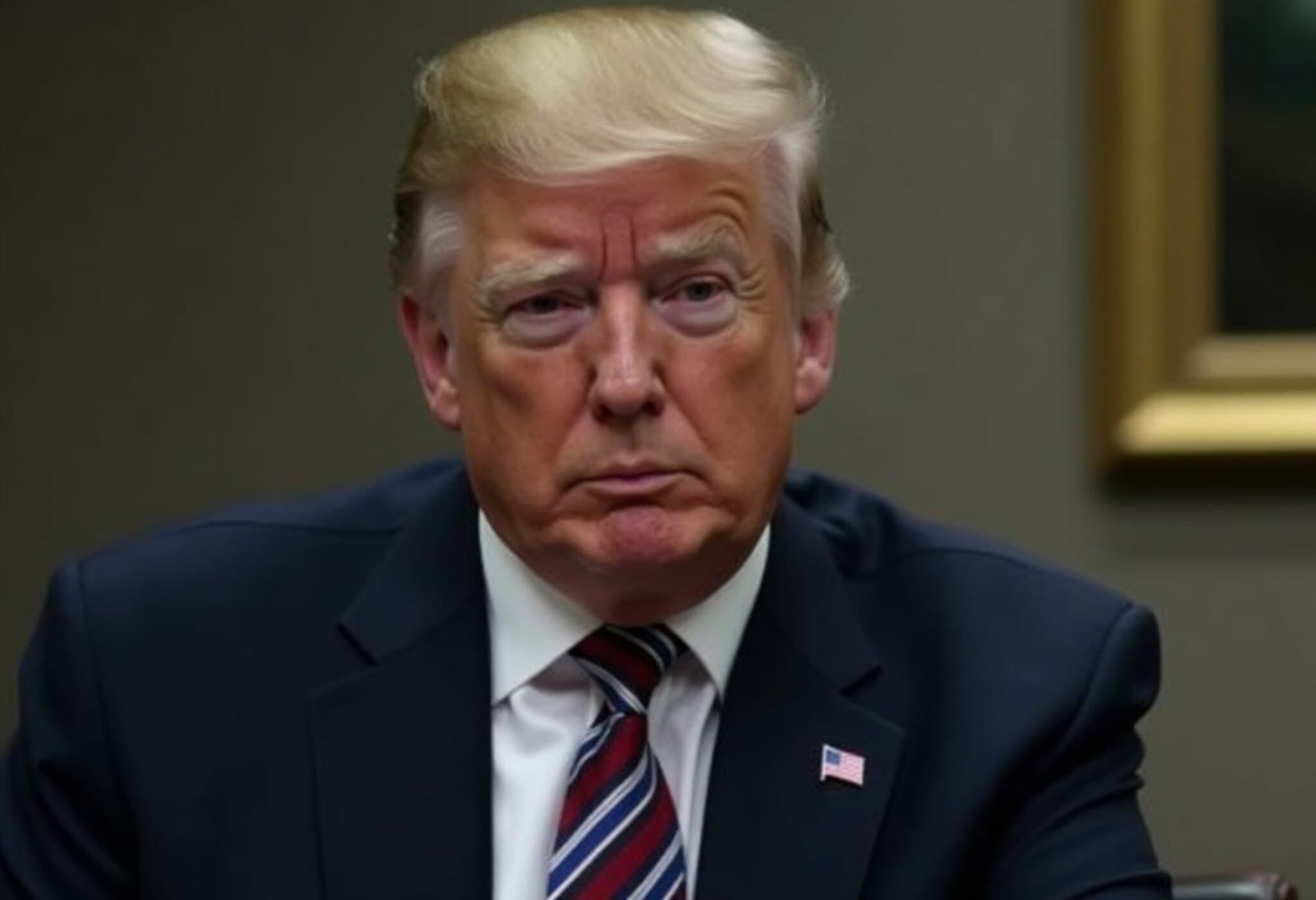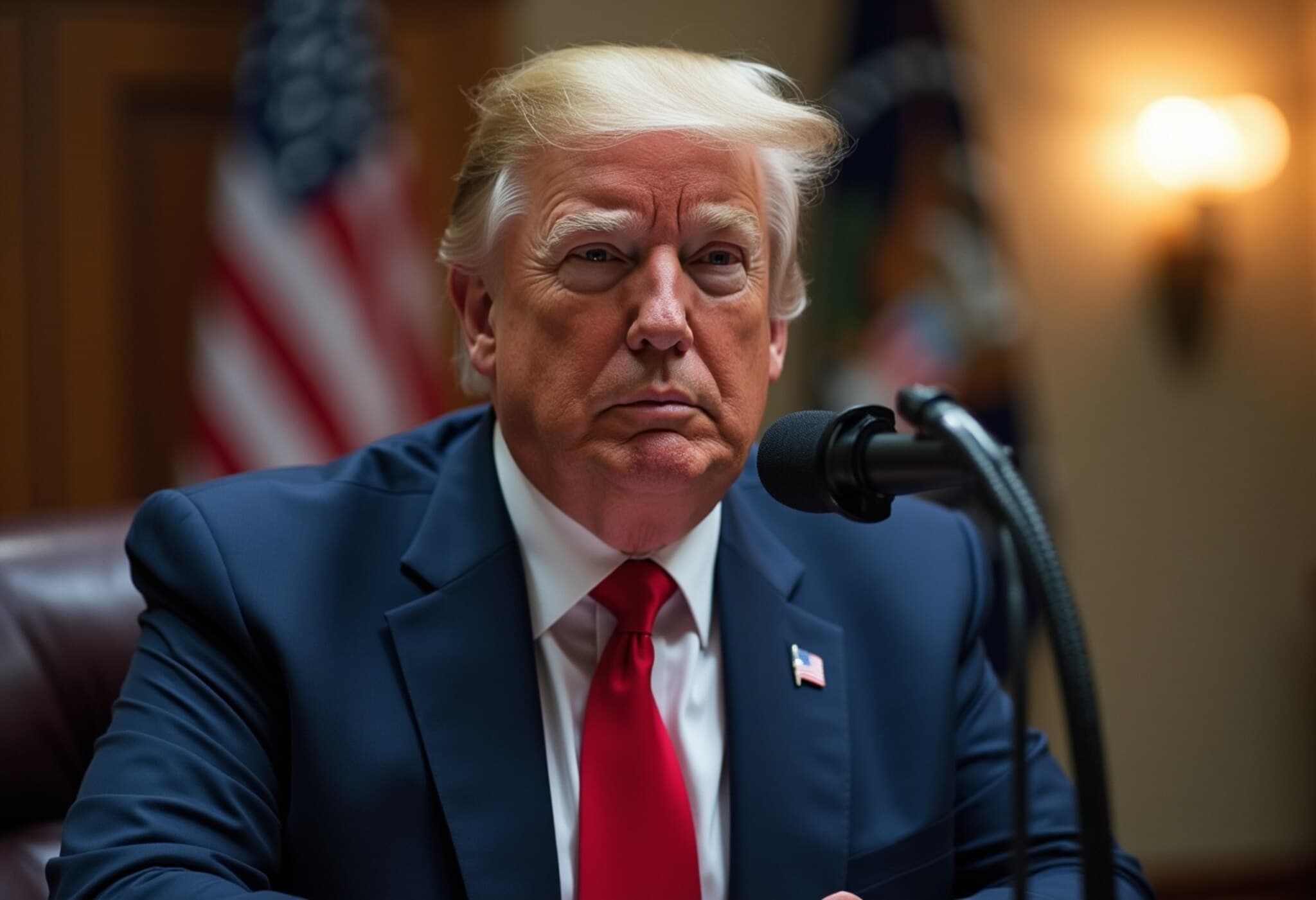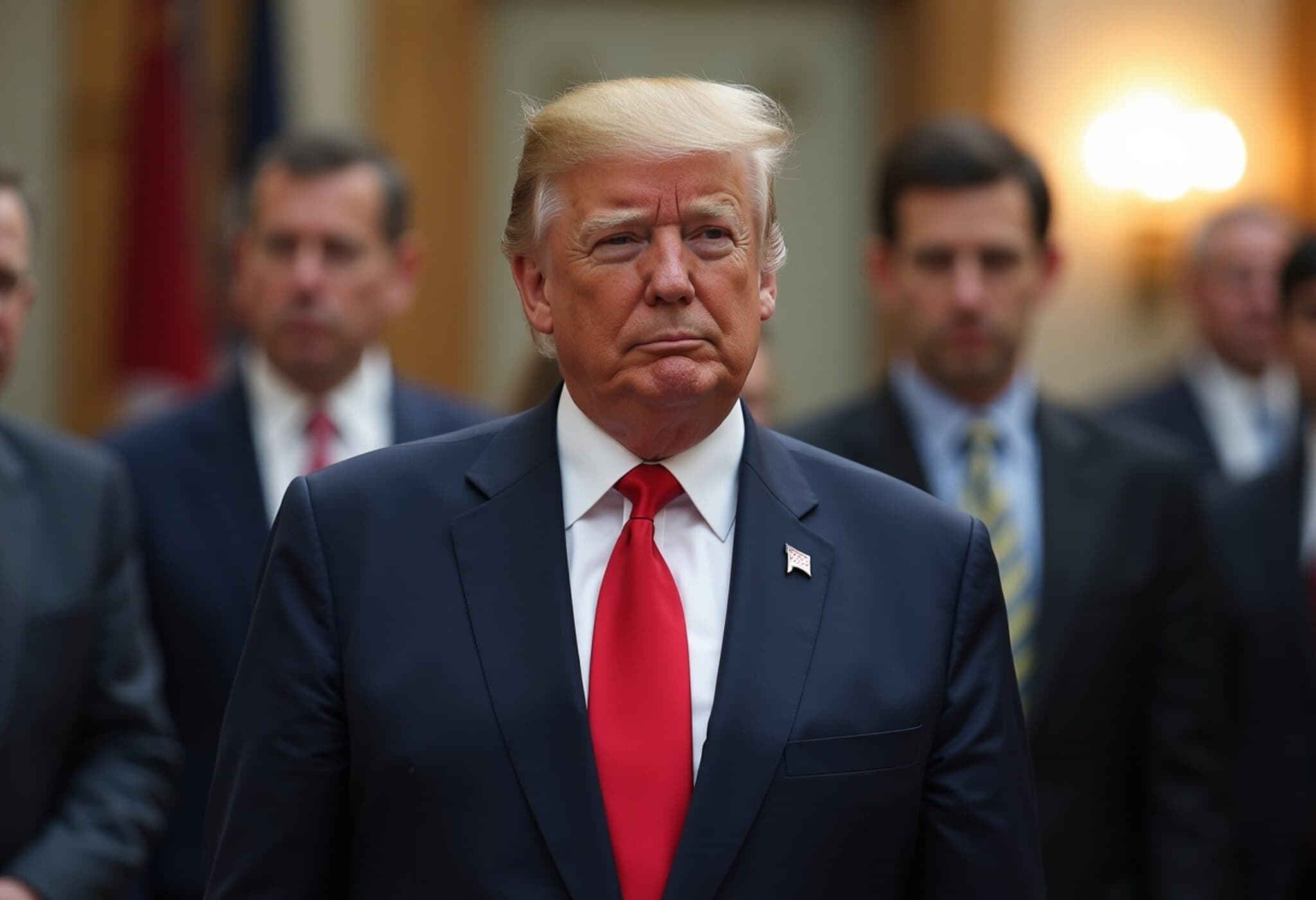Trump Declares No Extension for August 1 Tariff Deadline
In a definitive statement early Wednesday morning, President Donald Trump reaffirmed that the looming August 1 deadline to reinstate his sweeping "reciprocal" tariffs will not be extended. Taking to social media, Trump declared, "THE AUGUST FIRST DEADLINE IS THE AUGUST FIRST DEADLINE — IT STANDS STRONG, AND WILL NOT BE EXTENDED. A BIG DAY FOR AMERICA!!!" This message underscores the administration's commitment to pressing forward on its trade agenda, despite previous indications of flexibility.
Background: The Tariff Timeline and Investor Jitters
Earlier this year in April, President Trump announced plans to impose a 10% tariff blanket covering a vast majority of global imports, with some countries facing individualized tariffs as high as 50%. The announcement sent shockwaves through global markets and caused consternation among trade partners and international investors alike.
Initially, the administration delayed the tariffs for 90 days, setting an original restart date of July 9. However, mere days before this deadline, Trump signed legislation postponing the reinstatement until August 1. This latest statement firmly closes the door on any further extension, providing a narrow window for affected countries and businesses to adjust.
Expert Analysis: Domestic and Global Implications
Trade experts caution that this hardline approach carries significant risks. While aiming to "level the playing field" for American manufacturers, broad tariffs often prompt retaliatory measures, leading to a cycle of escalating trade barriers that can disrupt global supply chains.
From an economic perspective, U.S. consumers may also feel the pinch through higher prices on everyday goods, an outcome that historically has dampened domestic consumption growth—a critical element of the American economy.
At the policy level, the decision reflects a continuation of America First trade policies, emphasizing sovereignty over multilateral compromise. However, critics worry about long-term diplomatic and economic fallout from strained alliances.
Underreported Questions: What Comes Next?
- Will affected countries coordinate retaliatory tariffs? Several nations have already signaled potential responses, but coordinated action remains uncertain.
- How will supply chains adapt? Corporations heavily reliant on imports face complex recalibrations to avoid tariff burdens.
- What is the impact on inflation and consumer costs? Price increases could aggravate already heightened inflationary pressures.
- Could Congress intervene? Lawmakers from various parties have debated tariff policies; shifts could alter this rigid stance.
Conclusion: A Pivotal Moment in U.S. Trade Policy
As August 1 approaches, the world watches closely. President Trump's unequivocal stance signals a key moment shaping international trade and American economic strategy in 2025 and beyond. The repercussions will unfold across markets and political corridors, offering complex challenges for businesses, consumers, and policymakers.

